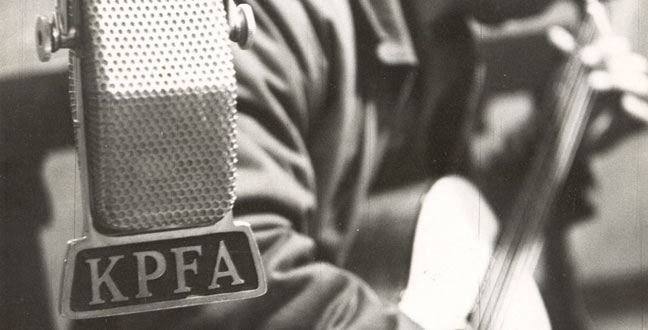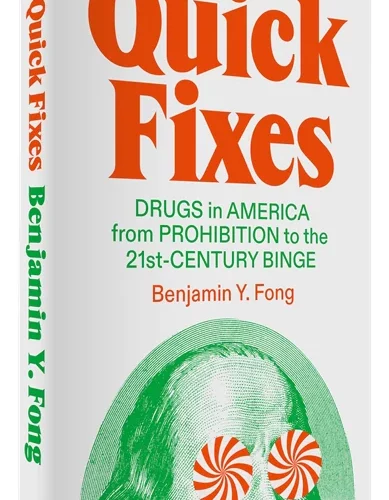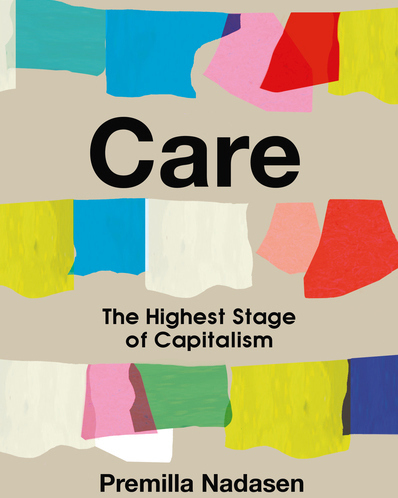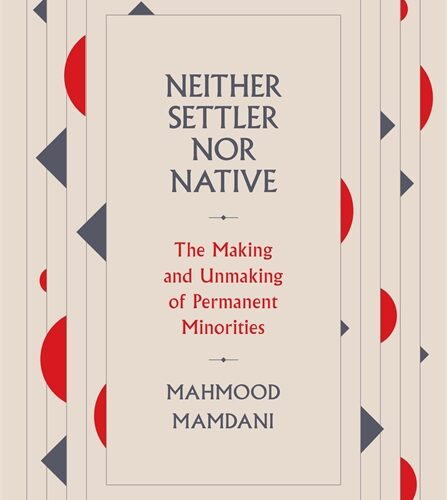Radio is a medium with extraordinary propagandistic power — seductively transmitting ideas into the quotidian intimacy of one’s home and life. That power and potential was recognized early on by the state following the First World World. It was also appreciated by opponents of war, including the anarchist pacifists who founded KPFA Radio and the … Continued











